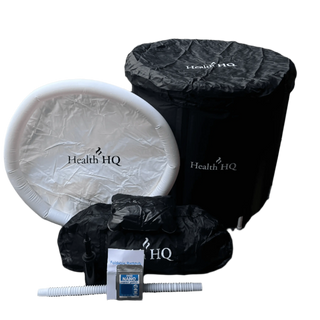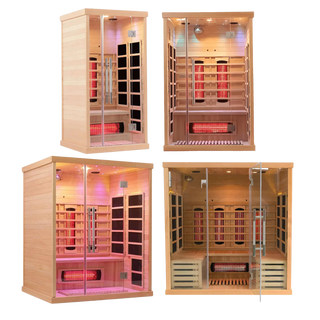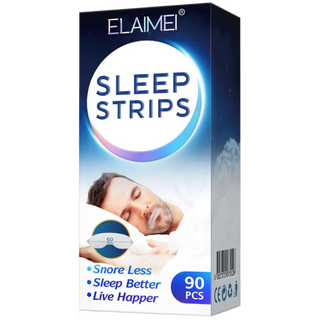Can Saunas Help With Muscle Recovery and Soreness?
Saunas have been a staple in wellness routines for centuries, and their benefits extend far beyond relaxation. In recent years, athletes and fitness enthusiasts alike have embraced sauna sessions as a tool to enhance muscle recovery and reduce soreness after intense workouts. But how exactly do saunas work to aid recovery, and are they right for your post-exercise routine? Let’s explore the science and benefits behind sauna use for muscle recovery.
How Saunas Work
Saunas use dry or humid heat to raise your body’s core temperature, prompting several physiological responses:
- Increased Blood Flow: The heat causes blood vessels to dilate, which increases circulation. Enhanced blood flow means more oxygen and nutrients are delivered to tired muscles, facilitating quicker repair and reducing inflammation.
- Sweating and Detoxification: As your body sweats, it helps flush out metabolic waste products that accumulate during strenuous exercise. This natural detoxification process can contribute to a feeling of rejuvenation.
- Muscle Relaxation: The warmth of the sauna helps relax tense muscles, reducing the buildup of lactic acid that often contributes to soreness.
Benefits of Sauna Use for Muscle Recovery
Several studies and anecdotal evidence suggest that sauna sessions can offer significant recovery benefits:
- Reduced Muscle Soreness: Regular post-workout sauna use has been linked to decreased muscle soreness. The heat helps to alleviate tension and stiffness, allowing muscles to recover more efficiently.
- Enhanced Recovery Speed: Improved circulation speeds up the healing process. Athletes often report feeling less fatigued and more refreshed after a session in the sauna.
- Stress Relief: Recovery isn’t just physical; mental stress can impede muscle recovery as well. Saunas offer a quiet space to unwind, lower cortisol levels, and promote overall well-being.
- Improved Flexibility: The increased blood flow and warmth can help maintain and even improve flexibility, which is essential for preventing injuries during subsequent workouts.
Best Practices for Using a Sauna for Recovery
To maximize the benefits of your sauna session while ensuring safety, consider these tips:
- Hydrate Well: Since saunas induce significant sweating, drinking water before and after your session is critical to prevent dehydration.
- Limit Your Time: Generally, 10 to 20 minutes in the sauna is enough to reap the benefits without risking overheating.
- Listen to Your Body: If you start feeling dizzy or uncomfortable, exit the sauna immediately.
- Post-Exercise Routine: Combine your sauna use with proper post-workout stretching and nutrition. This holistic approach can enhance recovery even further.
- Consult With a Professional: If you have any underlying health conditions, it’s always a good idea to check with a healthcare provider before incorporating regular sauna sessions into your routine.
Final Thoughts
While saunas are not a magic solution for muscle recovery, their ability to improve blood circulation, reduce muscle tension, and promote detoxification makes them a valuable addition to any recovery strategy. Whether you’re a competitive athlete or just someone looking to enhance your post-workout recovery, incorporating sauna sessions could be a step toward less soreness and improved overall performance.
By understanding how your body responds to heat and hydration, you can tailor your sauna routine to best meet your recovery needs. As with any recovery method, the key is consistency and balance—pair your sauna sessions with proper nutrition, hydration, and rest, and you might just find your body bouncing back faster and stronger.
Happy recovering!








